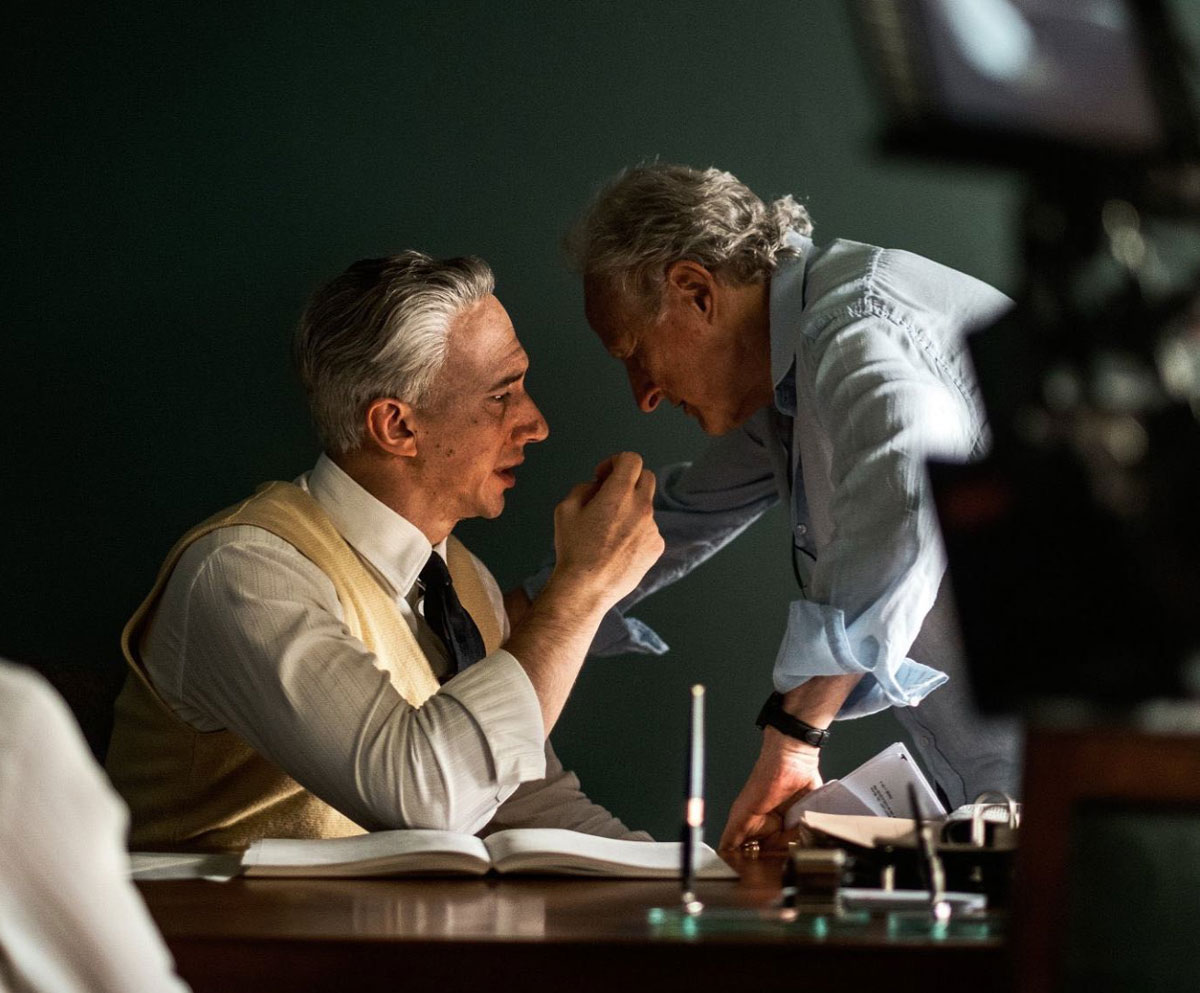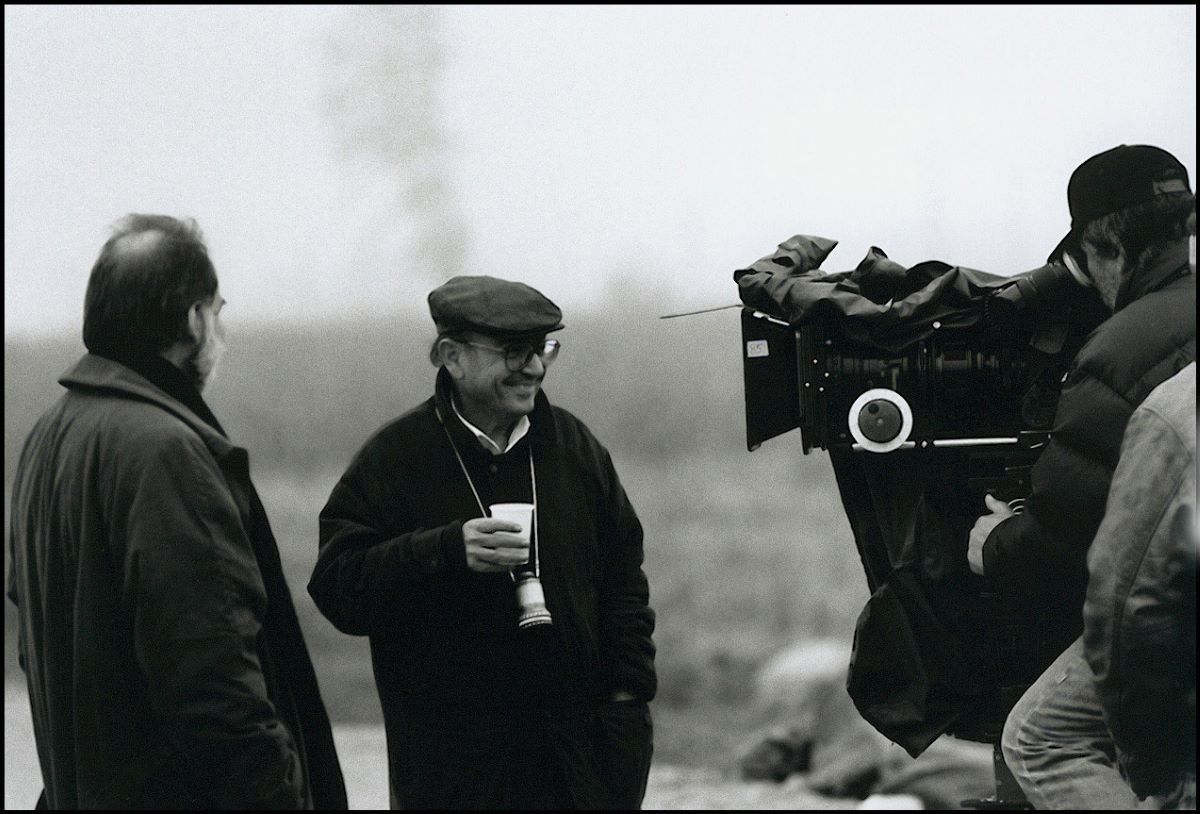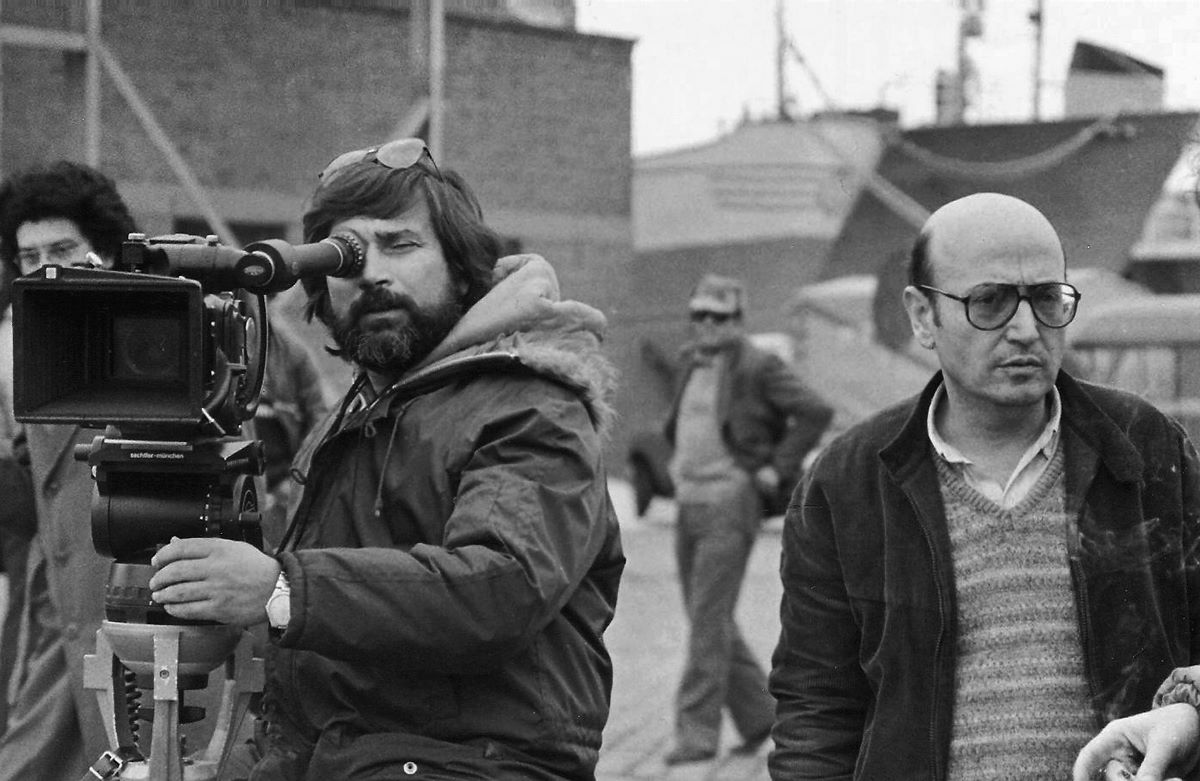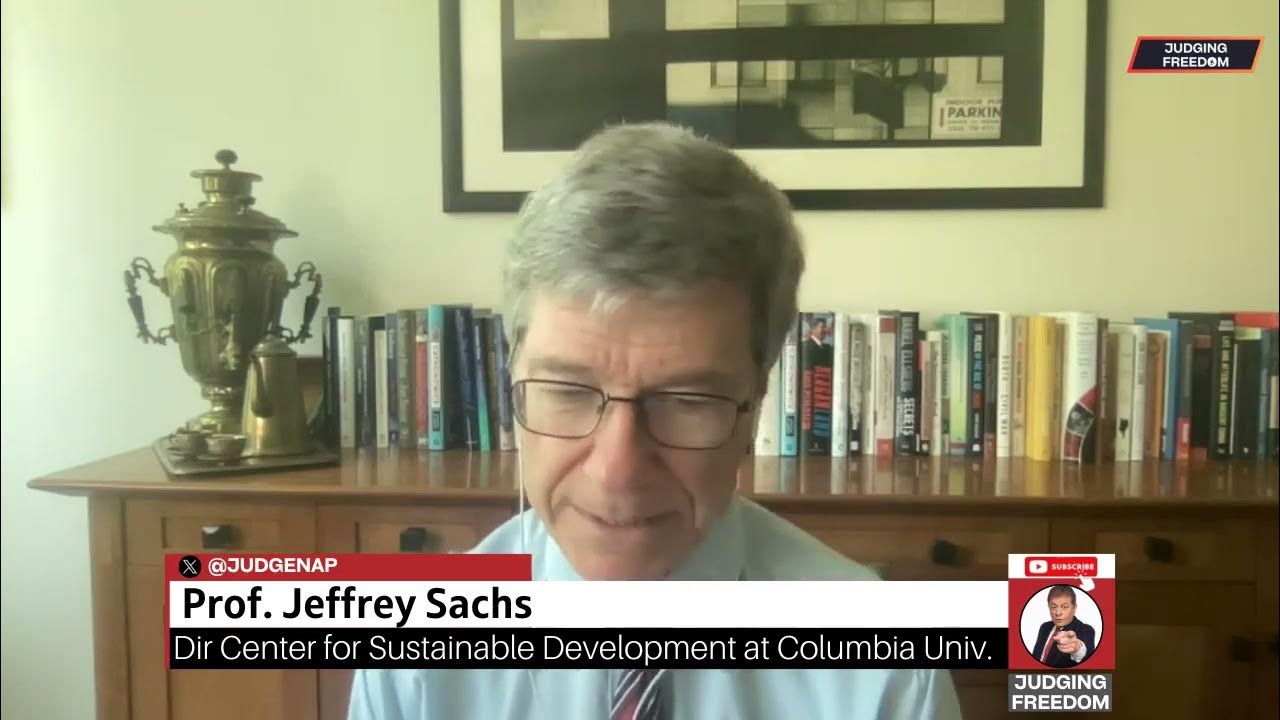Presented in competition at Venice 80, Ferrari arrive now in theaters: director Michael Mann returns to cinema after eight years and tells us about his work, while protagonist Adam Driver explains how he built the character.
by Fiaba Di Martino
Women – two, his wife Laura (Penélope Cruz) and his mistress Lina (Shailene Woodley) – loved with candid ineptitude; and engines, mastered in the field in his youth and then made the pivot of a commercial activity at risk of bankruptcy in 1957, with the Mille Miglia as the only way out for a triumphant return. All around, the scent of death: that of his son Dino, behind him but still clinging to every moment, and the one that crackles on the asphalt, behind every curve.
Michael Mann chooses to tell a crucial moment in the life of Enzo Ferrari (Adam Driver) in his twelfth film, in competition at the 80th Venice Film Festival and in theaters from December 14. Why? Because Ferrari is the Mille Miglia of the American director: “I had to make sure I got everything right, that every millimeter was correct. I wanted to present this story to the audience in the most honest and least lazy way possible, because Ferrari’s life was an authentic narrative, there was no need or intention to romanticize it cinematically as sometimes happens when you tell a story of downfall and rebirth, with a character at the mercy of an internal conflict that ultimately finds a resolution. In anyone’s reality, the concept of catharsis is bullshit, it simply doesn’t happen! You are prey to this dichotomy that plays with you throughout your existence, and this is the core of Ferrari‘s story. Like in the relationship with Laura: they can’t tear themselves away from each other despite feeling repulsion, theirs is a brutal but asymmetrical relationship. And that’s just how life works.”
According to Driver, the entrepreneur is a character who, to survive, builds an inviolable armor “through a mechanism to deal with suffering, or to not have to deal with it. He is an instinctive and sanguine self-made man but feels responsible for the friends he has lost along the way, at the time you didn’t go to therapy to talk about your inner life so there needed to be a colossal event to move him. His nature pushes him to project this unassailable image outward, but you have to imagine him a bit like a duck, placid on the surface while in the hidden depths, struggling furiously.” There is a continuous movement in the film: Ferrari never gets into a car but it’s as if he’s always running, inside himself, in his head, against time, space, the traps of the world. “Yes, there is this physical life on which I worked,” explains the actor, “this weight given by age, which is also an emotional burden. I flipped through his folder with written documents, the notes drafted in purple so that his signature would not be counterfeited… He was a person who had a sense for the economy, and extremely paranoid. Then, on my part, there was also a practical physical preparation, I got behind the wheel of a Ferrari… in panic! When I drove with exposed wheels in an airport terminal, there the awareness of the danger hit me almost painfully, you realize that if you get something wrong your film and your life are over. But it was useful to understand what it means to maintain that kind of concentration, you have to be absolutely present in the moment, without allowing yourself to feel anything else. Essentially, you have to self-manipulate to reach a mental zone where you don’t think about anything… And this is undoubtedly an actor’s job! So, if there’s a common point I have with Enzo, it’s this,” continues Driver. “When I work on a film, I always want it to be grand, perfect. This thing is bizarre more than anything because I started my career without thinking about it, it was a small personal journey that did not find its final destination in lucrative films, public success and box office was never my measure. The rare and precious thing about being an actor is this ignition of empathy for a stranger: you spend months in a different country, work 14 hours a day and your body inevitably adjusts to the new time you find yourself immersed in, you become your character by force and then go back and this metamorphosis is also annulled. For me, this is cinema, this disconnect. It’s Jaws and it’s Mean Streets. I’m interested in variety more than anything else, after all as a teenager I constantly rented independent films from video stores.”
Finally, Mann reflects: “What interests me about cinema is drama, and crisis as its essential element. In the 90s, when I started documenting myself on Ferrari, everyone went to the Opera, even teenagers. It’s been since then that I think that Opera as high melodrama perfectly melds with Ferrari’s life which unfolded on this tragic note, on this terrible joy.” And the vitalistic movement of the race collides with the principle of death, “creating a monumental feeling. Think of the scene in the cemetery: a surreal space, the real mausoleum of the Ferrari family that reminded me of Last Year at Marienbad, with this trace that stretches between the living and the dead.
FilmTV, n. 50, December 12, 2023
* * *
ORIGINAL ITALIAN ARTICLE:
Intervista a Adam Driver e Michael Mann
Presentato in concorso a Venezia 80, Ferrari arriva in sala il 14 dicembre: il regista Michael Mann torna al cinema dopo otto anni e ci racconta il suo lavoro, mentre il protagonista Adam Driver spiega come ha costruito il personaggio
di Fiaba Di Martino
Donne – due, la moglie Laura (Penélope Cruz) e l’amante Lina (Shailene Woodley) – amate con candida inettitudine; e motori, padroneggiati sul campo in gioventù e poi fatti perno di un’attività commerciale a rischio lastrico nel 1957, unica via d’uscita per un ritorno trionfale la Mille miglia. Tutt’intorno, odore di morte: quella, alle spalle, ma ancora addosso in ogni momento, del figlio Dino, e quella che sfrigola sull’asfalto, dietro ogni curva.
Michael Mann sceglie di raccontare un momento cruciale della vita di Enzo Ferrari (Adam Driver) nel suo dodicesimo film, in Concorso alla 80a Mostra di Venezia e in sala dal 14 dicembre. Perchè? Perchè Ferrari è la Mille miglia del regista statunitense: «Dovevo assicurarmi di non sbagliare nulla, che ogni millimetro fosse giusto. Volevo presentare questa storia al pubblico nella maniera più onesta e meno pigra possibile, perchè la vita di Ferrari è stata una narrazione autentica, non c’era necessità nè intenzione di romanzarla cinematograficamente come a volte capita quando racconti una storia di caduta e rinascita, con un personaggio alla mercè di un conflitto interiore che alla fine trova una risoluzione. Nella realtà di chiunque, il concetto di catarsi è una stronzata, semplicemente non succede! Sei preda di questa dicotomia che gioca con te per tutta la tua esistenza, ed è questo il nocciolo della vicenda di Ferrari. Come nella relazione con Laura: non riescono a strapparsi via l’uno dall’altra pur provando una repulsione, il loro è un rapporto brutale ma non simmetrico. Ed è proprio così che funziona la vita».
Anche secondo Driver, l’imprenditore è un personaggio che per sopravvivere si costruisce un’armatura inviolabile «attraverso un meccanismo per fare i conti con la sofferenza, o per non doverli fare. È un self made man istintivo e sanguigno ma che si sente responsabile per gli amici che ha perso sulla strada, all’epoca d’altronde non si andava in terapia per parlare della propria vita interiore quindi c’era bisogno di un evento colossale per smuoverlo. La sua natura lo spinge a proiettare all’esterno questa immagine inattaccabile, ma te lo devi immaginare un po’ come una papera, che in superficie è placida mentre nel profondo, nella sua parte nascosta, si dibatte furiosamente». C’è un movimento continuo, nel film: Ferrari non sale mai su un’auto ma è come se stesse sempre correndo, dentro sé, nella sua testa, contro il tempo, lo spazio, le trappole del mondo. «Sì, c’è questa vita fisica su cui ho lavorato» spiega l’attore, «questo peso dato dall’età, che è anche un macigno emotivo. Ho sfogliato la sua cartelletta con i documenti scritti, le annotazioni redatte in viola affinché la sua firma non venisse contraffatta… Era una persona che aveva un senso per l’economia, ed estremamente paranoica. Poi, da parte mia c’è stata una preparazione fisica anche in senso pratico, mi son messo al volante di una Ferrari… in preda al panico! Quando ho guidato a ruote scoperte in un terminale aeroportuale, lì la consapevolezza del pericolo mi ha colpito in modo quasi doloroso, ti rendi conto che se sbagli qualcosa il tuo film e la tua vita sono finiti. Ma è stato utile a capire cosa significhi mantenere quel tipo di concentrazione, bisogna essere presenti a livello assoluto nel momento, senza permettersi di sentire nient’altro. In sostanza, ci si deve automanipolare in modo da pervenire a una zona mentale per cui non si pensa a nulla… E questo è un lavoro indubbiamente attoriale! Ecco, se c’è un punto in comune che ho con Enzo è questo» prosegue Driver. «Quando lavoro a un film voglio sempre che sia grandioso, perfetto. Questa cosa è bizzarra più che altro perché ho iniziato la mia carriera senza pensarci, era un piccolo viaggio personale che non riscontrava nei film lucrativi la meta finale, il successo di pubblico e di box office non è mai stato il mio metro di misura. La cosa rara e preziosa dell’essere attore è questo accendersi dell’empatia per uno sconosciuto: trascorri mesi in un paese diverso, lavori 14 ore al giorno e il tuo corpo si aggiusta inevitabilmente sul tempo nuovo in cui ti ritrovi immerso, diventi per forza di cose il tuo personaggio e poi torni indietro e anche questa metamorfosi si annulla. Questo per me è il cinema, questo stacco. È Lo squalo ed è Mean Streets. A me interessa la varietà più di qualsiasi altra cosa, dopotutto da adolescente noleggiavo di continuo film indipendenti ai videostore».
Riflette infine Mann: «A me del cinema interessa il dramma, e la crisi come suo elemento essenziale. Negli anni 90, quando ho cominciato a documentarmi su Ferrari, si andava tutti all’Opera, anche i teenager. È da allora che penso che l’Opera in quanto alto melodramma si saldi alla perfezione con la vita di Ferrari che si è dispiegata su questa nota tragica, su questa terribile gioia». E il movimento vitalistico della corsa collide con il principio di morte, «creando un sentimento monumentale. Pensa alla scena al cimitero: uno spazio surreale, il vero mausoleo della famiglia Ferrari che mi ha ricordato L’anno scorso a Marienbad, con questa traccia che si allunga tra i vivi e i morti»
FilmTV, n. 50, 12 dicembre 2023





